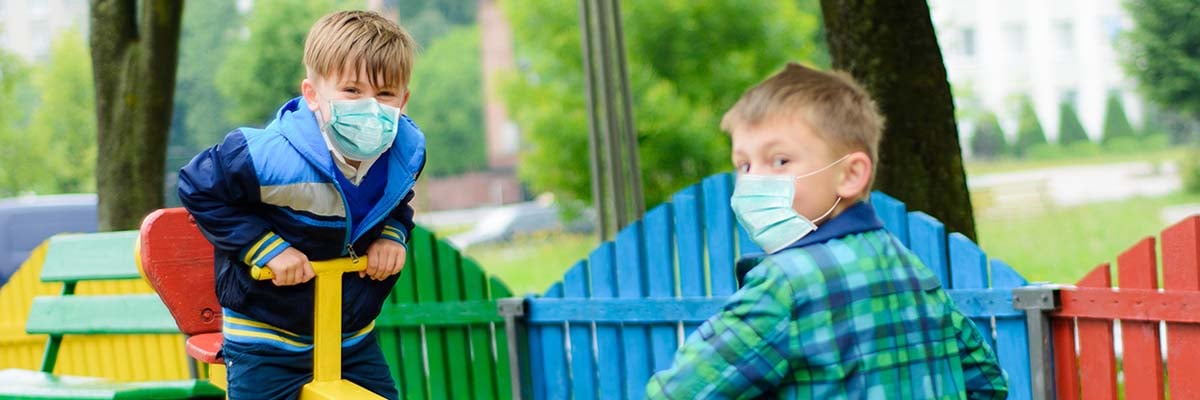People at High Risk For Flu Complications
Most people who get sick with flu will have mild illness, will not need medical care or antiviral drugs and will recover in less than two weeks. Some people, however, are more likely to get flu complications that can result in hospitalization and sometimes death. Pneumonia, bronchitis, sinus infections and ear infections are examples of flu-related complications. Flu also can make chronic health problems worse. For example, people with asthma may experience asthma attacks while they have flu and people with chronic congestive heart failure may experience a worsening of this condition triggered by flu. Below are the groups of people who are more likely to get serious flu-related complications if they get sick with flu.
Information for Specific High Risk Groups
Following is a list of all the health and age factors that are known to increase a person’s risk of getting serious complications from the flu:
- Asthma
- Neurologic and neurodevelopment conditions
- Blood disorders (such as sickle cell disease)
- Chronic lung disease (such as chronic obstructive pulmonary disease [COPD] and cystic fibrosis)
- Endocrine disorders (such as diabetes mellitus)
- Heart disease (such as congenital heart disease, congestive heart failure and coronary artery disease)
- Kidney disorders
- Liver disorders
- Metabolic disorders (such as inherited metabolic disorders and mitochondrial disorders)
- People who are obese with a body mass index [BMI] of 40 or higher
- People younger than 19 years of age on long-term aspirin- or salicylate-containing medications.
- People with a weakened immune system due to disease (such as people with HIV or AIDS, or some cancers such as leukemia) or medications (such as those receiving chemotherapy or radiation treatment for cancer, or persons with chronic conditions requiring chronic corticosteroids or other drugs that suppress the immune system)
Other people at high risk from the flu:
- Adults 65 years and older
- Children younger than 2 years old1
- Pregnant women and women up to 2 weeks after the end of pregnancy
- American Indians and Alaska Natives
- People who live in nursing homes and other long-term care facilities
- 1 Although all children younger than 5 years old are considered at high risk for serious flu complications, the highest risk is for those younger than 2 years old, with the highest hospitalization and death rates among infants younger than 6 months old.
Materials for other special groups
- Flu Information for Parents with Young ChildrenAdvice for parents who want to keep their children healthy.
- Influenza Vaccination Information for Health Care WorkersInformation on the importance of flu vaccination for people who work in health care.
- Information for Health Professionals
Information about vaccination, infection control, prevention, treatment, and diagnosis of seasonal flu for public health and health care professionals. - Information for Schools & Childcare ProvidersInformation on preventing the flu, common questions and answers, and poster materials for schools.
- Information for Businesses & EmployersInformation and tools on preventing the flu, workplace specific guidelines, and printable materials.
- Legal Professionals and PolicymakersLegal materials related to flu.


























.png)












No hay comentarios:
Publicar un comentario